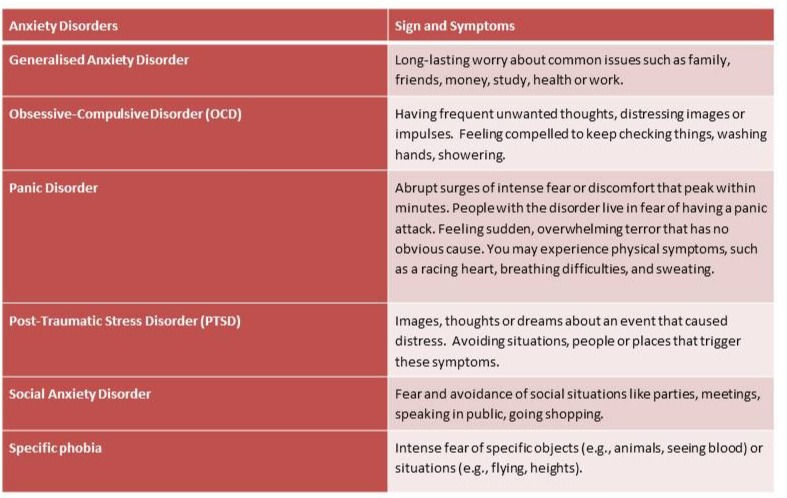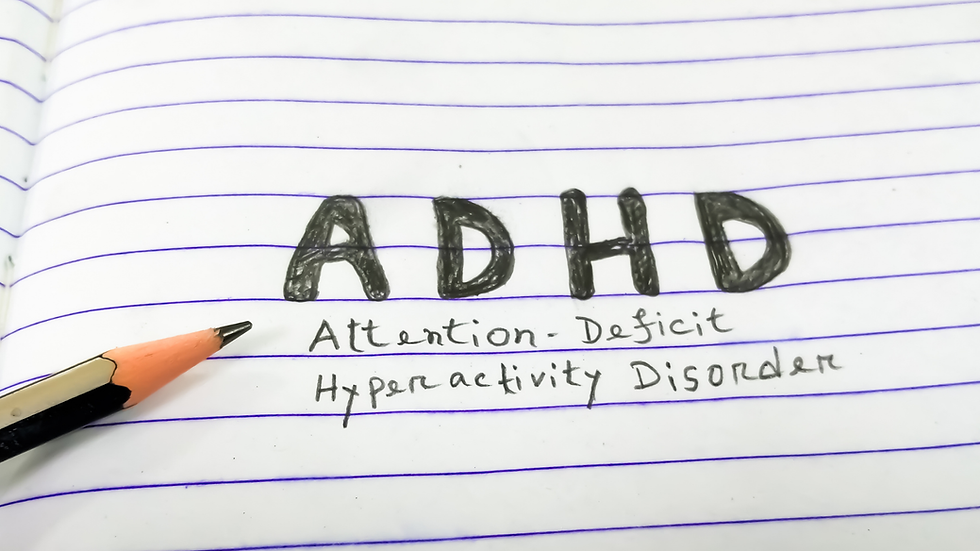Anxiety- What you need to know?
- Jolene Psychology and Hypnosis Centre

- Feb 9, 2021
- 2 min read
What is Anxiety?
Anxiety is your body’s natural response to stress. It’s a feeling of fear or apprehension about what’s to come. Everyone has feelings of anxiety at some point in their life, e.g., the first day of school, going to a job interview, or giving a speech may cause most people to feel fearful and nervous.
Some anxiety is helpful – it helps us react to stresses or potential threats, by quickening our reflexes and focusing our attention, and it usually settles once the stressful situation has passed.
Anxiety is when those feelings don't go away, they’re extreme for the situation, and you can’t seem to control them. When anxiety is severe or there all the time, it makes it hard to cope with daily life. If your anxiety last for longer than six months, and are interfering with your life, you may have an Anxiety Disorder.

Anxiety Disorder
Anxiety can be experienced in lots of different ways. If your experiences meet certain criteria your doctor might diagnose you with a specific anxiety disorder.
Anxiety disorders can cause people into try to avoid situations that trigger or worsen their symptoms. Job performance, school work and personal relationships can be affected. There are six main types of anxiety disorders, these include generalized anxiety disorder (GAD), panic disorder, social anxiety disorder, specific phobia, obsessive-compulsive disorder (OCD) and post-traumatic stress disorder (PTSD).
Sign and Symptoms
Some common anxiety symptoms include:
Hot and cold flushes
Shaking
Racing heart
Tight feeling in the chest or chest pains
Struggling to breathe
Snowballing worries that get bigger and bigger
A racing mind full of thoughts
A constant need to check things are right or clean
Persistent worrying ideas that seem 'silly or crazy'
If you think you have any of these symptoms, you might want to look at the different types of anxiety disorders below.




Comments